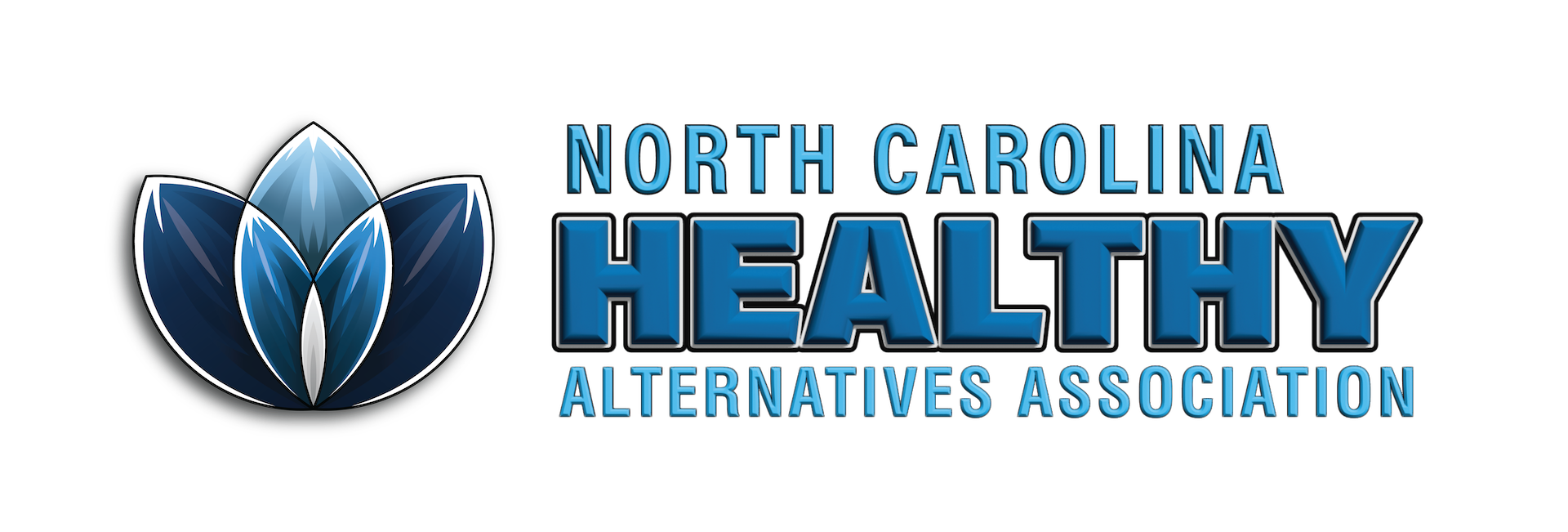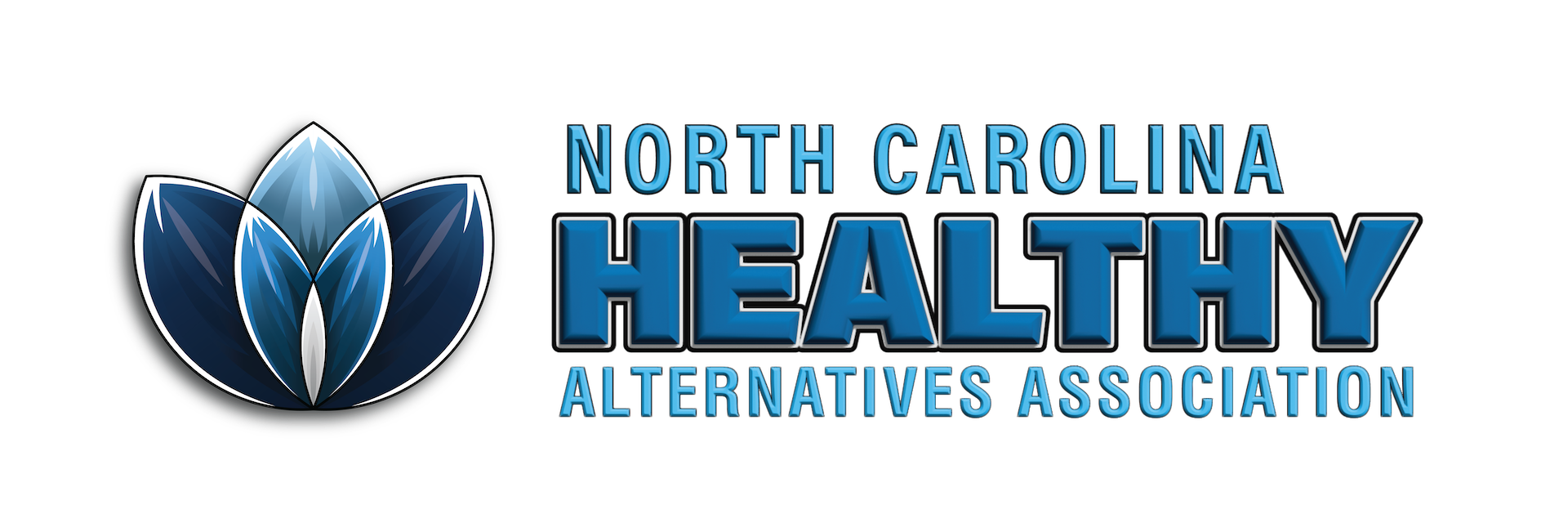
Is CBD Still Legal in North Carolina? Here’s What You Need to Know in 2025
Is CBD Legal in North Carolina in 2025?
In 2025, CBD is everywhere — in gas stations, health food stores, coffee shops, and even pet supply chains. But with so many products and so much debate in the legislature, North Carolina consumers are left wondering: Is CBD still legal here?
The short answer is yes — for now. But a proposed bill in the NC General Assembly, HB328, could change that quickly. This article will break down the current legal status of CBD in North Carolina, what new legislation could mean, and how you can protect your right to safe, federally legal products.
The Current Law: CBD Is Federally Legal Under the 2018 Farm Bill
Let’s start with the basics.
In 2018, the federal government passed the Farm Bill, which legalized hemp — defined as cannabis with less than 0.3% Delta-9 THC by dry weight. As a result, products derived from hemp, including CBD, became legal under federal law.
North Carolina followed suit by aligning its state laws with the Farm Bill. This created a legal market for hemp-derived products such as:
-
CBD oils and tinctures
-
Gummies and edibles
-
Topical creams and balms
-
Pet CBD products
-
Non-Delta-9 cannabinoids (like CBN, CBG, and Delta-8 THC)
As of early 2025, CBD remains legal in North Carolina, and licensed businesses are allowed to manufacture and sell hemp products, provided they meet certain standards.
Enter HB328: The Bill That Could Change Everything
In May 2025, Senator Bill Rabon introduced HB328, a bill that would fundamentally reshape the state’s hemp laws — and not in a good way.
While marketed as a “regulation bill,” HB328 includes several provisions that would:
-
Ban or severely limit the sale of many common hemp-derived products
-
Cap cannabinoid potency at 10mg per serving, eliminating most CBD and Delta-8 products
-
Shift control over hemp regulation from legislators to the Governor’s office
-
Borrow heavily from corporate marijuana lobby language designed to eliminate competition
In short: HB328 threatens to make most of the CBD market in North Carolina illegal.
So, Is CBD Legal in NC Right Now?
Yes — but HB328 could change that in the following ways:
Current Product Status vs. HB328 Impact:
-
CBD tinctures: Legal now / May be banned or restricted
-
CBD gummies: Legal now / Banned if over 10mg per serving
-
Pet CBD: Legal now / Status unclear under HB328
-
Delta-8 THC: Legal now / Would be banned
-
Full-spectrum CBD: Legal now / Banned if THC exceeds proposed limits
-
Hemp flower: Legal now / Likely banned or heavily restricted
Why This Matters: Real People Rely on CBD
For many people across North Carolina, CBD isn’t just a trendy product — it’s medicine.
-
Older adults use it for joint pain and sleep
-
Veterans turn to CBD for PTSD and anxiety relief
-
Parents use non-intoxicating tinctures to manage epilepsy, autism-related symptoms, and ADHD in children (under medical supervision)
-
Pet owners use CBD to ease anxiety in animals
If HB328 passes, thousands of North Carolinians could lose access to affordable, effective products that have changed their lives — without warning or alternatives.
What Lawmakers Aren’t Telling You
The push behind HB328 isn’t coming from consumers or public health experts — it’s being driven by:
-
Out-of-state marijuana corporations that want to eliminate competition
-
Political power players looking to control cannabis revenue
-
Misinformation about hemp-derived products and their safety
But here’s the truth:
-
Most CBD products on the NC market are tested, labeled, and safe
-
There are already federal rules in place that prohibit making health claims or selling to minors
-
North Carolina’s hemp industry is working to build smart, science-backed regulation — not avoid oversight
The real solution? SB265 — a separate bill that would regulate, not ban, hemp products.
What Is SB265 — and Why Does It Matter?
SB265 is a bipartisan bill that offers common-sense regulation for hemp and CBD products. It’s supported by small business owners, farmers, veterans, and public health advocates.
SB265 would:
-
Require independent lab testing and Certificates of Analysis (COAs)
-
Set clear rules for packaging and labeling
-
Prohibit sales to underage users
-
Maintain access for legal adult consumers
-
Keep oversight in the hands of the legislature, not the Governor alone
In contrast to HB328, SB265 protects consumer access while raising standards — without destroying the market in the process.
What Happens If HB328 Passes?
If HB328 becomes law, here’s what you can expect:
-
Most CBD and hemp stores across the state would be forced to shut down
-
Patients and consumers would lose access to affordable, legal alternatives
-
Small businesses would be wiped out, while corporate marijuana interests move in
-
Law enforcement may once again be tasked with criminalizing plant-based wellness
It's a lose-lose for everyone — except the big players.
How to Protect Your Right to CBD in North Carolina
-
Call Your Legislators: Ask your State Senator and House Representative to vote NO on HB328 and support SB265 instead
-
Tell Senate President Phil Berger: He has the power to bring SB265 to the floor and stop HB328 from moving forward
-
Share This Blog Post: Use your voice and platform. Tag your local lawmakers. Help others understand what’s happening
-
Donate to Advocacy Efforts: Grassroots organizing and lobbying take resources. Every dollar helps protect your access
Final Thoughts: CBD Is Still Legal — But Time Is Running Out
As of now, CBD is still legal in North Carolina, but if HB328 passes, that could change overnight.
Whether you're a consumer, a business owner, or just someone who believes in choice and fairness, now is the time to speak up. We can’t let misinformation and corporate greed strip away something that helps so many.
The best way to preserve legal access?
Support SB265. Oppose HB328. Take action now.
Share

